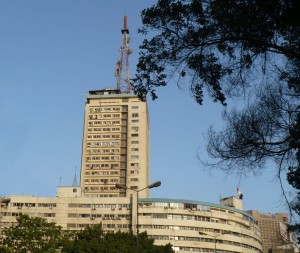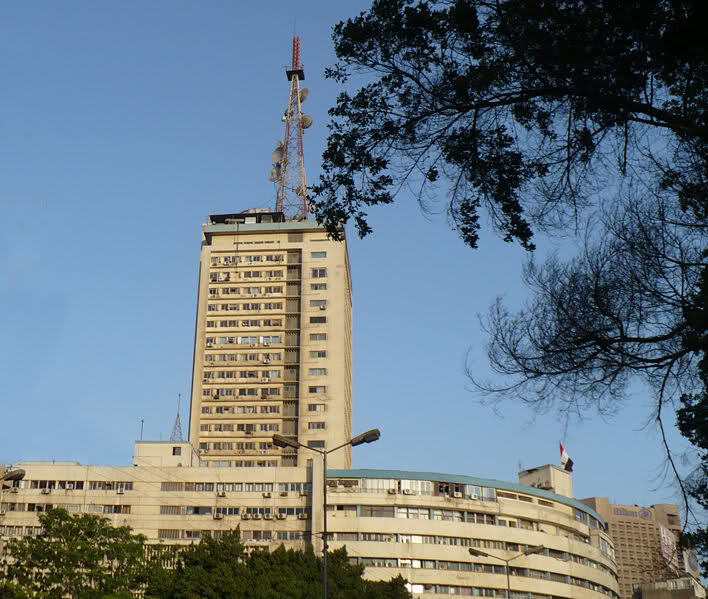 In a letter sent to the Minister of Information this morning, the Cairo Institute for Human Rights Studies (CIHRS) stressed the need to deal with the ministry as a temporary ministry, as the media should not be considered a government institution in a democratic state. CIHRS also affirmed that the media’s subordination to the state does not mean that the citizen has no say in its policies, but rather that the citizen is the primary beneficiary of the sector. Thus, the rights of viewers and readers should be the charter guiding the operation of all state-owned media.
In a letter sent to the Minister of Information this morning, the Cairo Institute for Human Rights Studies (CIHRS) stressed the need to deal with the ministry as a temporary ministry, as the media should not be considered a government institution in a democratic state. CIHRS also affirmed that the media’s subordination to the state does not mean that the citizen has no say in its policies, but rather that the citizen is the primary beneficiary of the sector. Thus, the rights of viewers and readers should be the charter guiding the operation of all state-owned media.
In the same context, CIHRS proposed the idea of independent commissions comprised of experts and media professors to serve as a building block of the democratic system by evaluating the professional performance of the media sector in accordance to professional and objective standards, particularly during critical junctures such as elections and civil strife. These commissions would also oversee the granting of broadcast licenses and monitor funding, revenue, and ad policies to guarantee equality among employees and wage restructuring, as well as to ensure that public funds are not squandered. These were the key demands of the Maspero workers who staged a sit-in for more than two weeks in anticipation of a new wage structure.
CIHRS also noted the importance of organizing access to information and of ending policies designed to block information in order to guarantee that the state-owned media does not possess a monopoly over certain information and that it cannot unilaterally control citizens’ access to information, which would constitute a violation of the citizens’ right to know.
CIHRS also asked the minister to restructure the field, as promised in his first statement after assuming office, to include human rights values in the media discourse and thus to elevate the values of democracy, citizenship, and equality, values that can serve a shield against many kinds of civil strife in our society. CIHRS also requested that the minister review appointment policies in the media sector to ensure that they reflect Egypt’s cultural diversity and to provide genuine representation to all groups, cultures, and ideas in our society without exclusion on the basis of religion, color, school of thought, gender, or ideology.
CIHRS further highlighted the need for the media sector to unequivocally embody the right to freedom of opinion and expression, which requires reconsideration of media ownership and its impact on this right, as well as the establishment of minimum guarantees for real independence of state-owned media as delineated in a public plan with a specific timeframe. Subordination of the media sector to the state does not mean that it is the state’s property to be used to disseminate its policies and to close the door on all who oppose or disagree with them; nor should the state-owned media be used as a platform to refute the opinions of the opponents of state policy. The philosophy of “red lines” must end and blacklists banning certain figures from state television must be abolished. This requires examining ways to purge the ministry of its security cadres.
Share this Post

